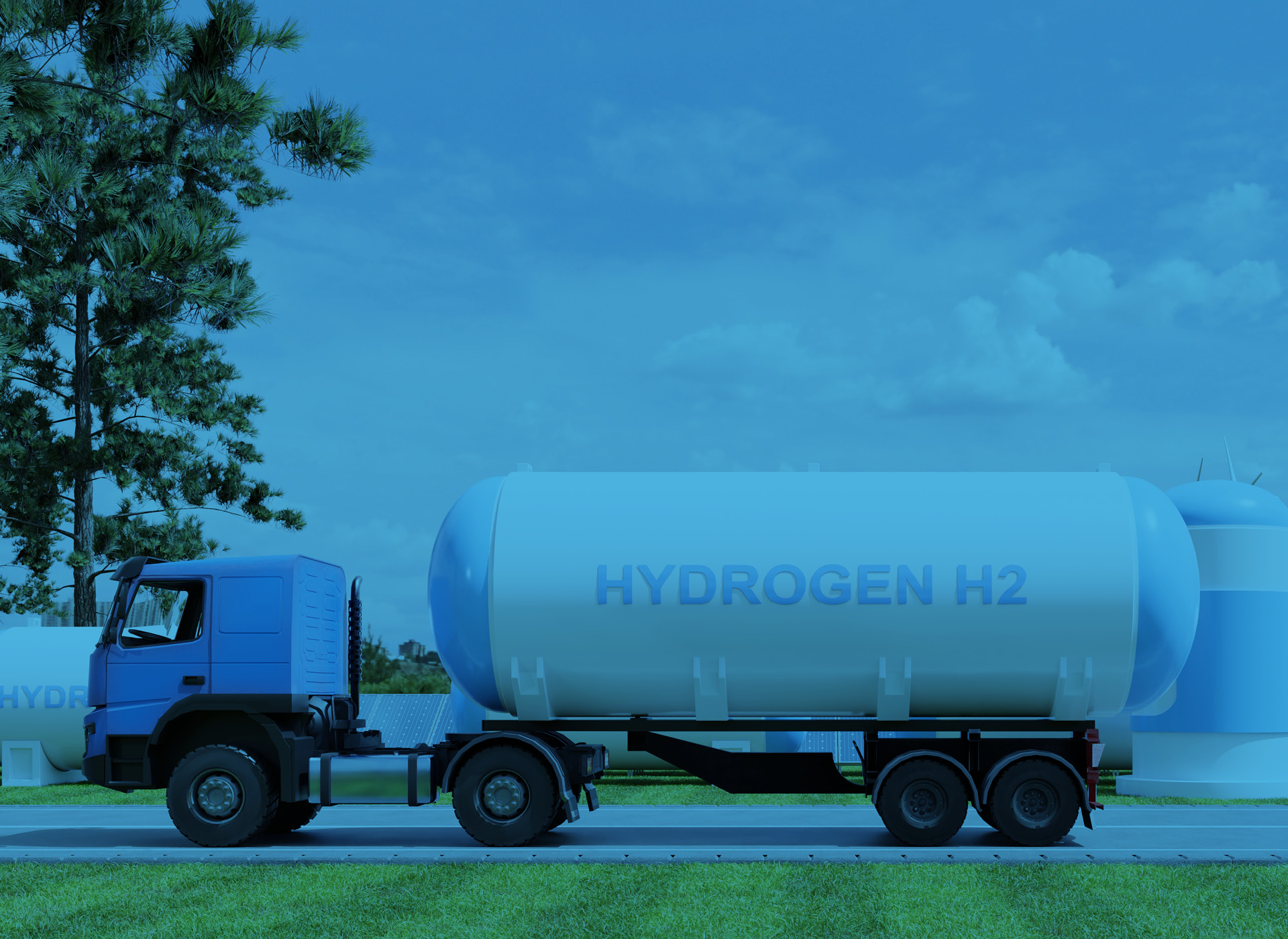The logistics industry plays a critical role in the global movement of goods and merchandise. However, the extensive use of fossil fuels in this industry has raised significant concerns about its environmental impact and the need to seek more sustainable alternatives. In recent years, alternative fuels have emerged that offer a promising solution to reduce the carbon footprint of logistics and move towards a cleaner and more sustainable future.
Logistics is heavily dependent on fossil fuels, such as diesel and gasoline, to power its vehicle fleets. These fuels emit a significant amount of greenhouse gases, contributing to climate change and air pollution. In addition, the volatility of oil prices and concerns about the future availability of these fuels pose an additional challenge for the sector.
Alternative fuels offer a solution to address these challenges. Among them are biofuels, which are produced from renewable sources such as energy crops and organic waste. These fuels can be used in conventional vehicles with internal combustion engines, which facilitates their adoption. In addition, they reduce greenhouse gas emissions and contribute to reducing dependence on oil.
Biofuels are a viable, low-impact option to replace fossil fuels in the logistics sector.

The electrification of logistics is also gaining momentum with the development of commercial electric vehicles (EVs). Electric trucks and vans offer zero local emissions and are particularly well-suited for short-haul urban delivery operations. As charging infrastructure improves and the range of electric vehicles extends, their adoption is expected to accelerate.
Another promising alternative fuel is hydrogen. Hydrogen fuel cell vehicles produce electrical power from the chemical reaction between hydrogen and oxygen, without harmful emissions. Although hydrogen infrastructure is still limited, significant investments are being made to expand it and make this technology more accessible.
The adoption of alternative fuels in the logistics sector offers several important benefits. First, they contribute to the reduction of greenhouse gas emissions and improve air quality in urban areas. In addition, they promote the diversification of energy sources, which increases energy security and the resilience of the logistics sector. In the long term, they can also help reduce operating costs for logistics companies.
The transition to alternative fuels is not only beneficial for the environment, but also for the profitability and competitiveness of logistics companies.

However, the widespread adoption of alternative fuels faces challenges and considerations that need to be addressed. The lack of charging or refueling infrastructure is one of the main obstacles, especially in the case of electric or fuel cell vehicles. Significant investments are required to develop a suitable charging station network and expand the availability of hydrogen. In addition, the range of electric and hydrogen vehicles remains a major concern, especially for long-distance logistics.
The fuel of the future in aviation is emerging as a key component to reduce the carbon footprint of this industry. Significant progress is being made in the search for sustainable alternatives to aviation kerosene, the conventional fuel used in aircraft. The development of aviation biofuels, produced from renewable sources such as energy crops and organic waste, is gaining momentum. These biofuels can be blended with aviation kerosene in various proportions, which reduces greenhouse gas emissions and improves air quality in areas near airports.
It is also important to consider the full environmental impact of alternative fuels. While they may reduce greenhouse gas emissions at the point of use, their impact needs to be assessed during production and considerations such as land use change and water availability.

